-
-
-
Products
- All products
-
Lohko
Box
- Lohko Box products
-
Lohko
Box
1

-

pod
Lohko Box1
Size 1 m²
Capacity 1 person
A compact, soundproof pod for private work or phone calls.
-
-
Lohko
Box
2

-

pod
Lohko Box2
Size 2 m²
Capacity 1-2 people
Distraction free office pod.
-
-
Lohko
Box
3

-

pod
Lohko Box3
Size 3 m²
Capacity 1-4 people
Office pod or a small meeting room with natural acoustics.
-
-
Lohko
Picea
3

-

pod
Lohko Picea3
Size 3 m²
Capacity 1-2 people
Compact office pod for productivity.
-
-
Lohko
Box
5

-

pod
Lohko Box5
Size 5 m²
Capacity 1-5 people
Calm and connected office pod for collaboration.
-
-
Lohko
Box
7

-

pod
Lohko Box7
Size 7 m²
Capacity 1-7 people
Spacious office pod for meetings with a room-like feel.
-
- Go to category
-
Lohko
Flex
- Lohko Flex products
-
Lohko
Flex
10

-

Meeting room
Lohko Flex10
Size 10 m²
Capacity 6-8 people
Flexible meeting space - ideal for collaboration.
-
-
Lohko
Flex
12

-

Meeting room
Lohko Flex12
Size 12 m²
Capacity 8-10 people
Customisable meeting room for coworking.
-
-
Lohko
Flex
14

-

Meeting room
Lohko Flex14
Size 14 m²
Capacity 10-12 people
Flexible meeting room solution with natural acoustics.
-
-
Lohko
Flex
21

-

Meeting room
Lohko Flex21
Size 21 m²
Capacity 12-14 people
Dynamic meeting room - ideal for team collaboration.
-
-
Lohko
Flex
25

-

Meeting room
Lohko Flex25
Size 25 m²
Capacity 14-16 people
A large-scale meeting booth, balancing comfort and space.
-
-
Lohko
Flex
28

-

Meeting room
Lohko Flex28
Size 28 m²
Capacity 16-18 people
Customisable meeting and conference room - offering adaptable space and natural acoustics.
-
- Go to category
-
Add ons
-
Furniture
- Furniture
-
Lohko
Stool

-

furniture
Lohko Stool
Compact, adjustable, and ideal for flexible workspace setups.
-
-
Lohko
Sofa
2

-
-
Lohko
Sofa
3

-

furniture
Lohko Sofa3
Spacious, ergonomic seating tailored for relaxed and productive teamwork.
-
-
Lohko
Table
2

-
-
Lohko
Table
3

-
-
Lohko
Table
5

-
-
Lohko
Table
7

-
-
Lohko
Conference
Table

-

furniture
Lohko Conference Table
Designed to bring people and ideas together.
-
- Go to category
-
Accessories
- Accessories
-
Pergola

-

accessory
Lohko Pergola
A way to transform pods into unified environments.
-
-
Screen
holder
table

-
-
Screen
holder
roof

-
-
Screen
holder
wall

-
-
Phase
unit

-
-
Qikfit
unit

-
- Go to category
- Go to collection
- Projects
-
Resources
-
Resources
- For professionals
- Downloads
-
- Sustainability
-
About Taiga
-
About Taiga
- About us
- Design story
- Quality policy
-
- Contact
-
Sustainability by Taiga
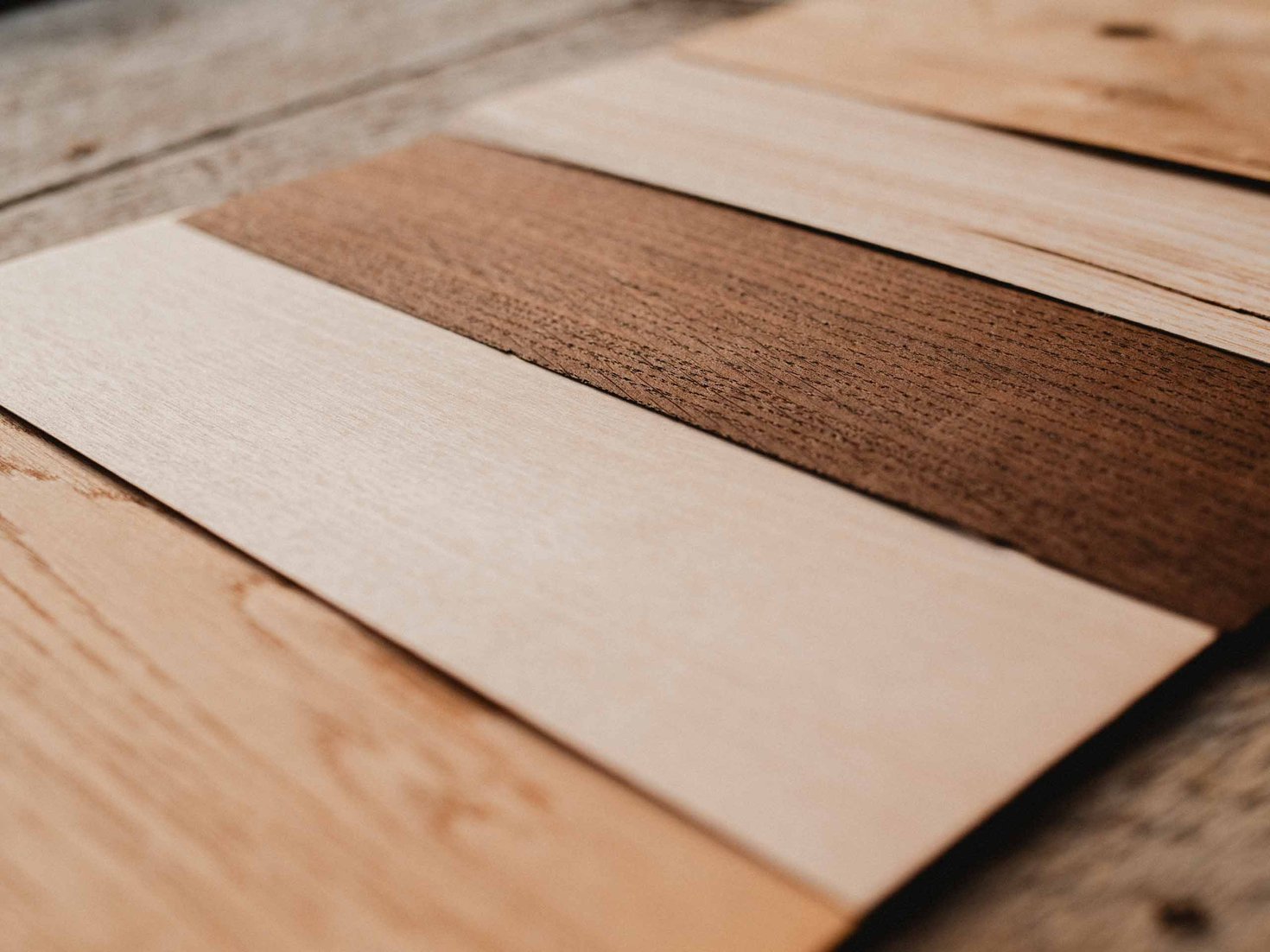
Experience the beauty of sustainable timeless design
The concept of the ‘natural workspace’ has been a touchstone for Taiga from its earliest beginnings. As we draw our inspiration from nature, our duty is also to respect it. We do this by designing sustainable products that are meant to last, and can be repurposed multiple times. Sustainability and eco-consciousness drive our day-to-day decisions, from product development through to the end customer.
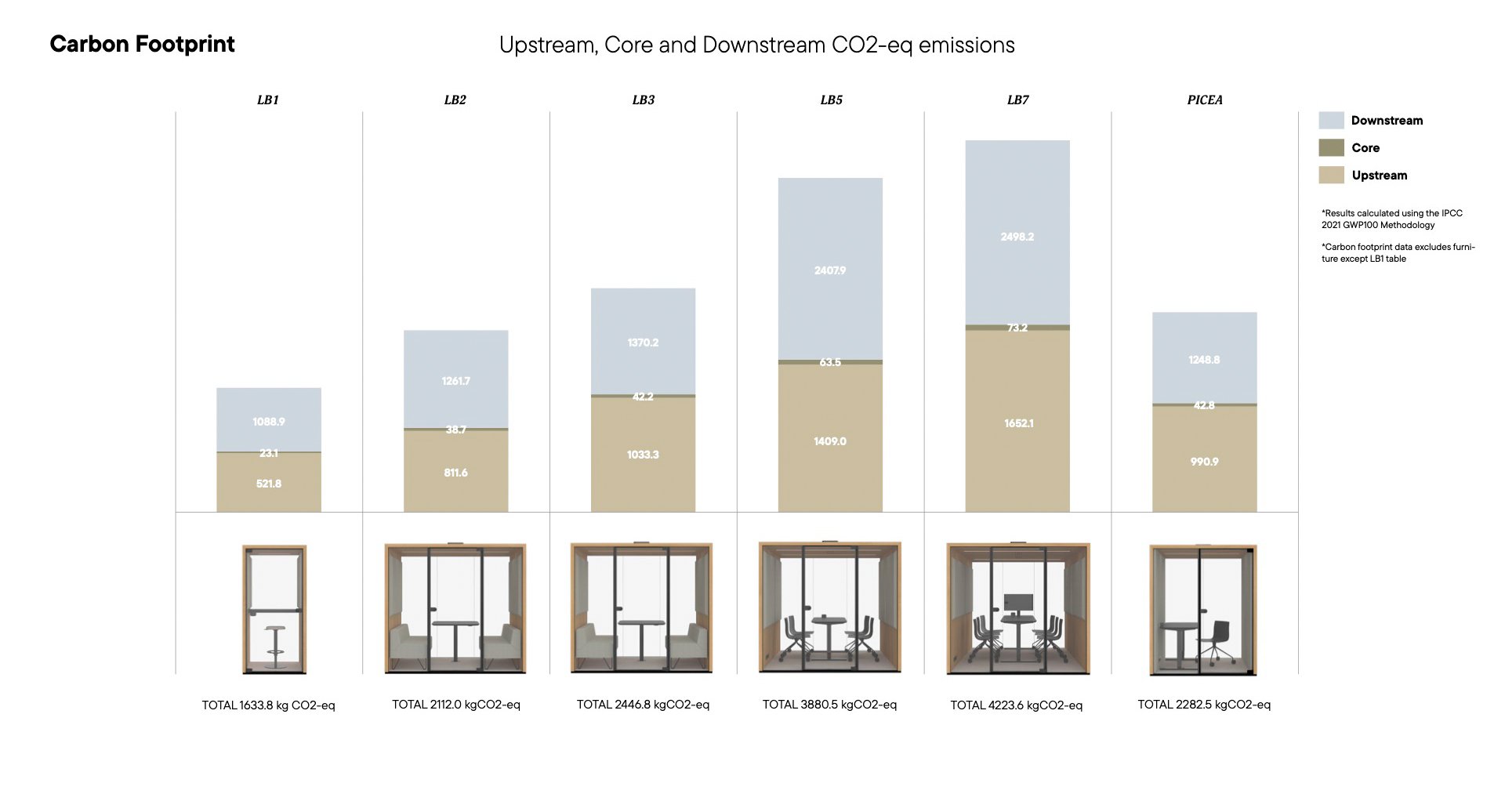
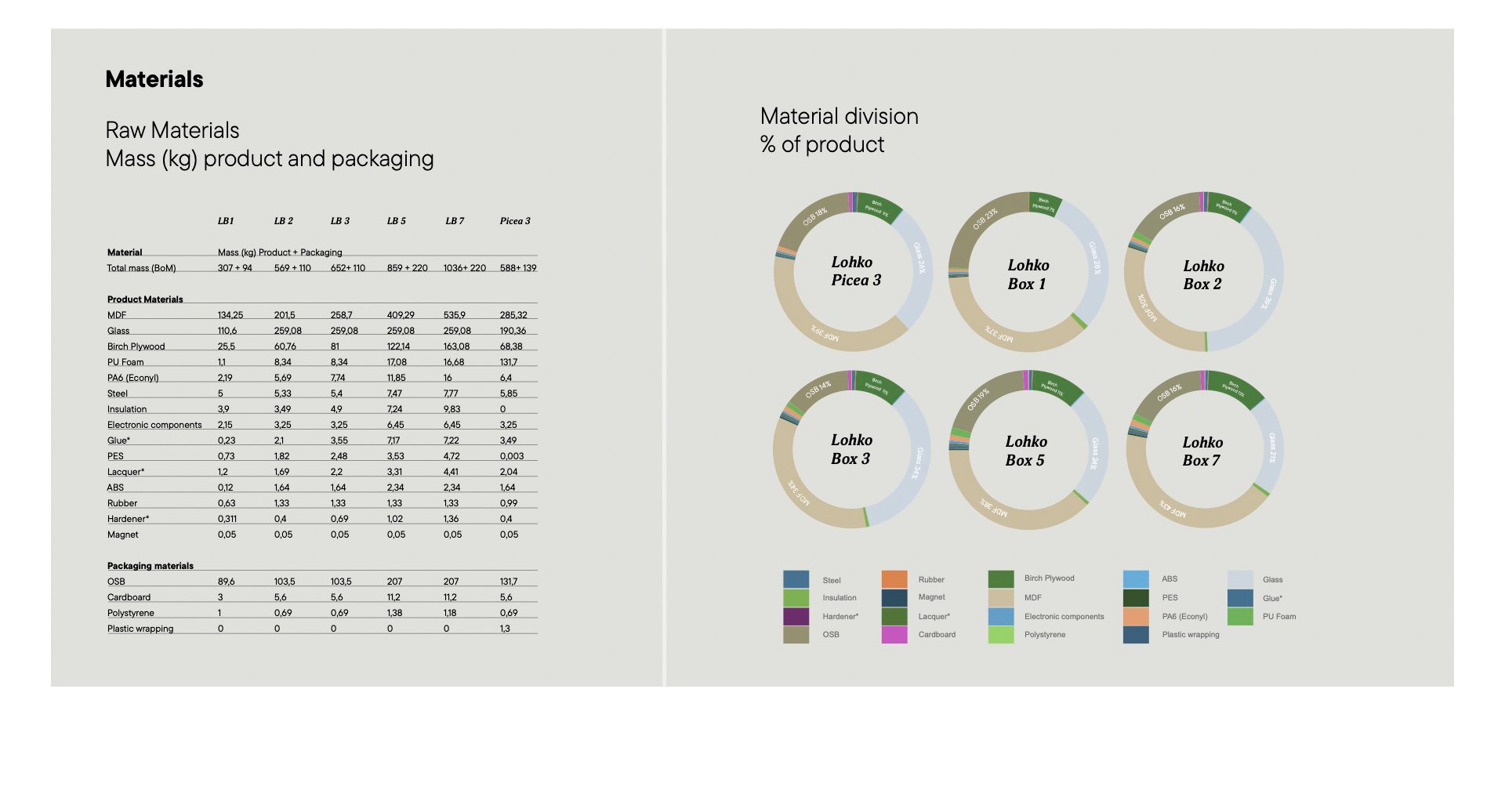
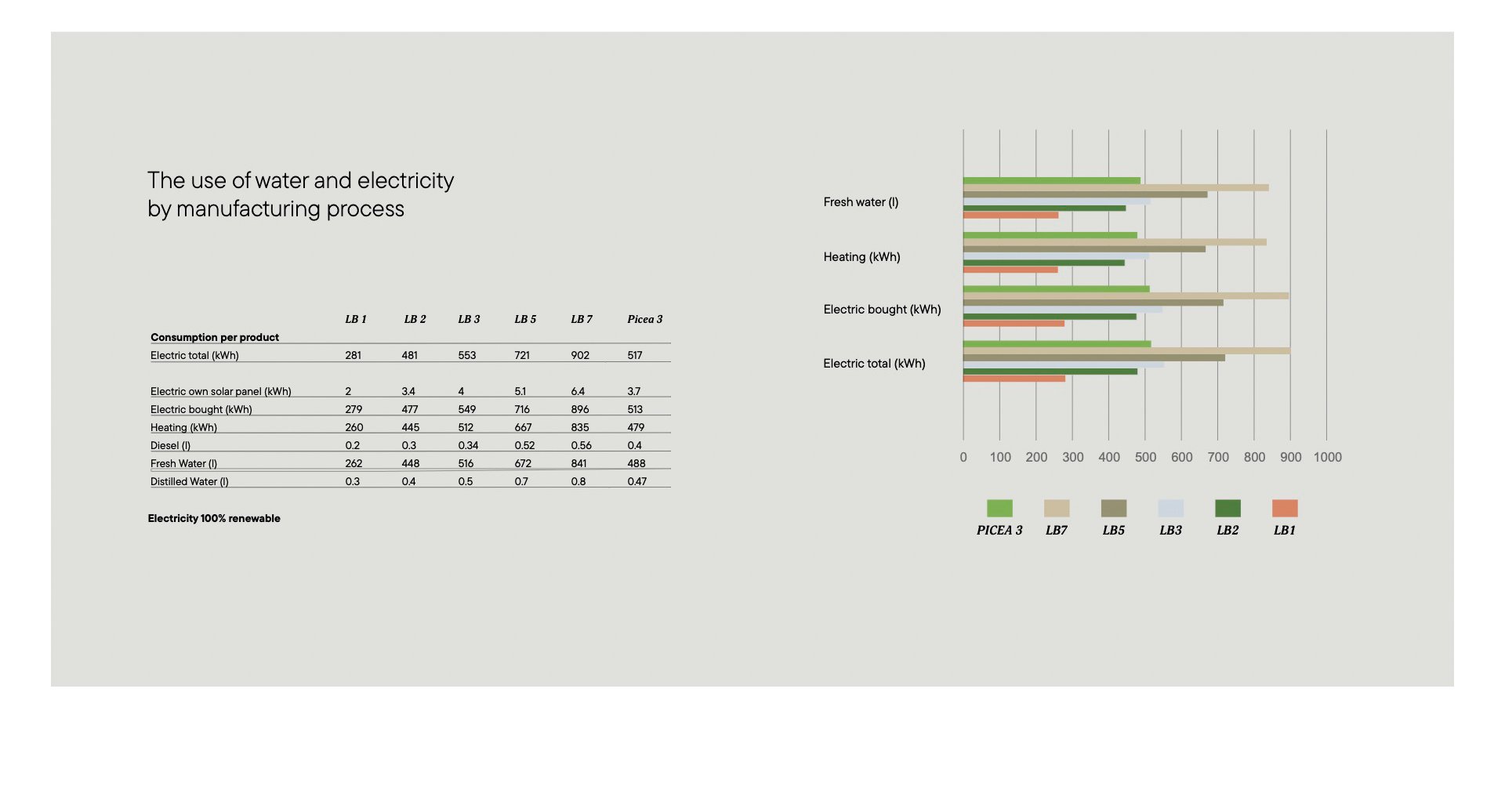
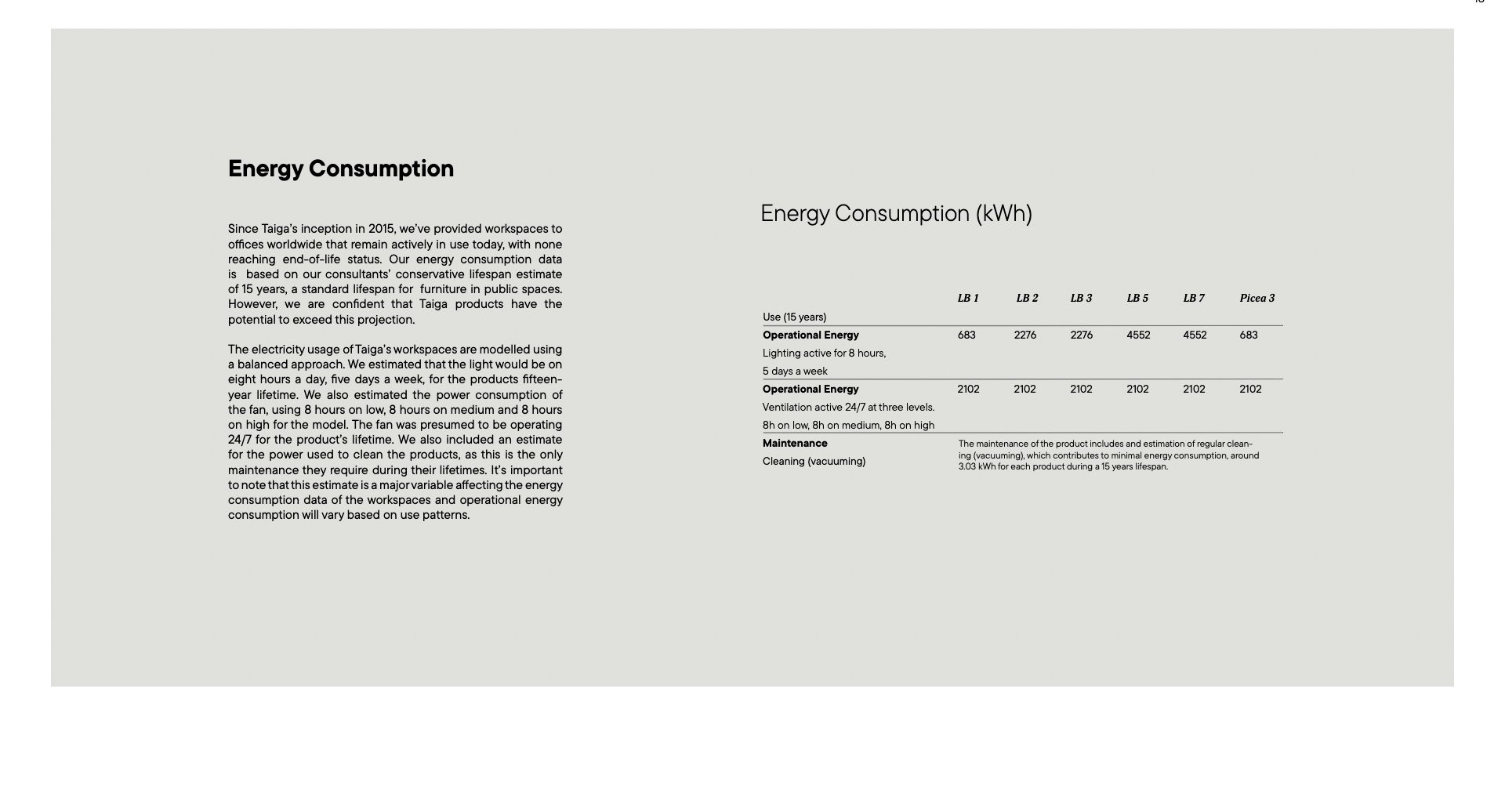
Our design philosophy
For us, timeless design is rooted in Scandinavian simplicity and a connection to nature. It means creating functional, long-lasting spaces that remain relevant over time.

Certified materials
Taiga is committed to using the highest percentage of organic materials, maximising the use of wood, and minimizing metals. All of our wooden elements are sourced from FSC-certified suppliers, meaning you can trust that our products are created without compromising the environment. Our philosophy of stewardship extends to all of our materials, including our carpet made from recyclable nylon and our upholstery fabric, which is made from 100% postconsumer recycled polyester. We ensure that the materials we utilize are safe and sustainable, backed by the appropriate certification to demonstrate their quality and safety standards.
MDF |
ASTM E1333-14 |
Plywood |
FSC 100%; FSC Mix Credit; FSC Controlled Wood |
Carpet |
Emission class M1 for building materials |
Fabric |
Ansi/Bifma m71-2011 (2016) |
Isover Foam |
Emission class M1 for building materials |
Ewona Foam |
Emission class M1 for building materials |
Electrical |
CE Declaration of Conformity, RoHS certificates |

Manufacturing with renewable energy
Taiga workspaces are manufactured in Northern Europe. By choosing environmentally conscious partners, we have been able to significantly reduce the impact of our production on the environment.
We have chosen our main manufacturer based on our shared approach and values when it comes to the environment. They exclusively purchase their electricity from solar farms, ensuring it is sourced from renewable sources. This results in a very low impact on our carbon footprint. To account for possible fluctuations in solar availability and back-up requirements, our consultants have created the LCA with renewables accounting for 90%. Even with this 10% of energy coming from the generic grid, the carbon footprint from our manufacturing process remains low.
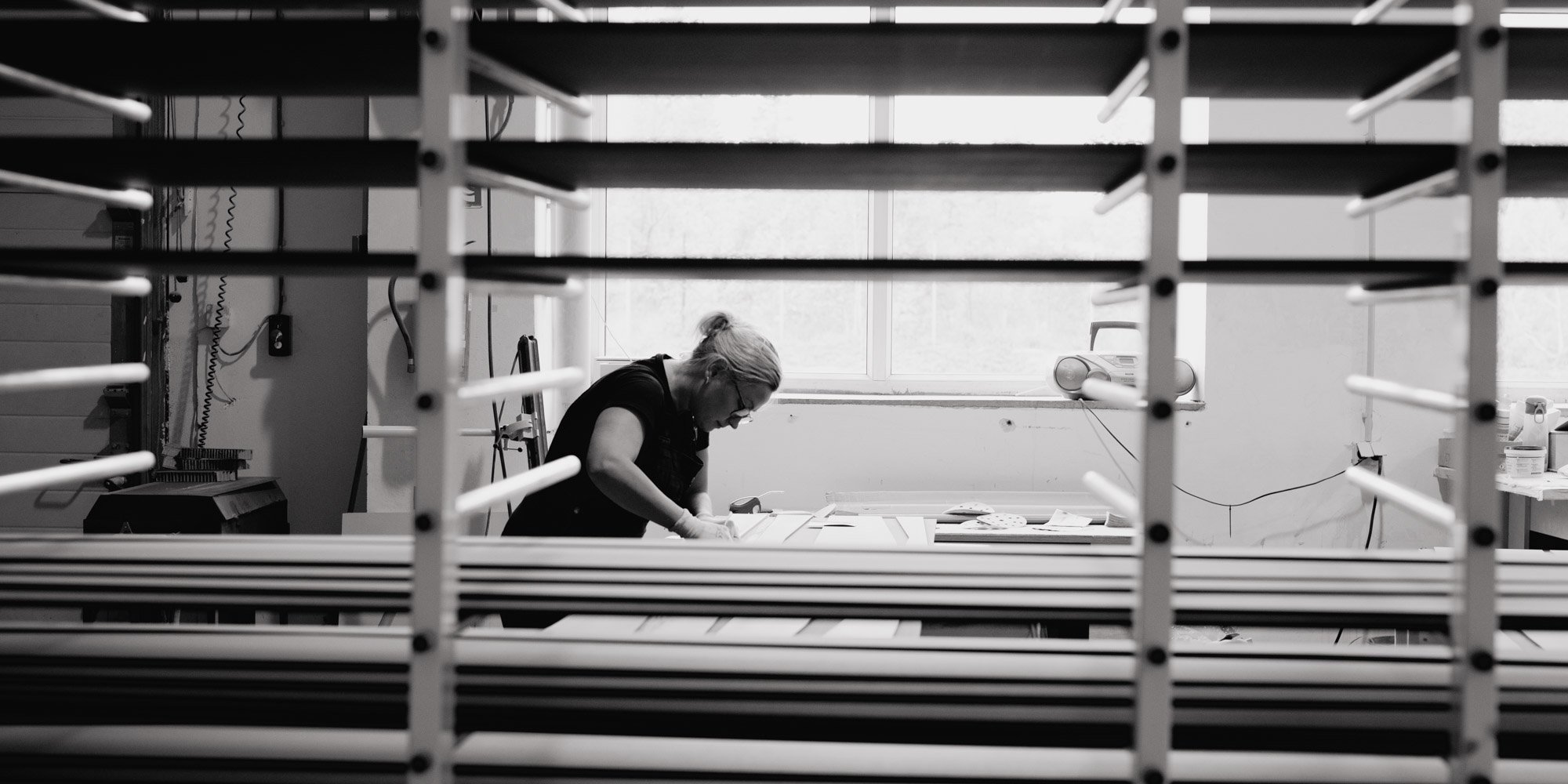
Localised supply chain
We closely monitor the length of our supply chain and strive to keep it as short as possible, focusing on suppliers in close proximity to our main manufacturer. The distances in our supply chain are kept as short as possible – from the sourcing of raw materials to shipping the products to our clients.
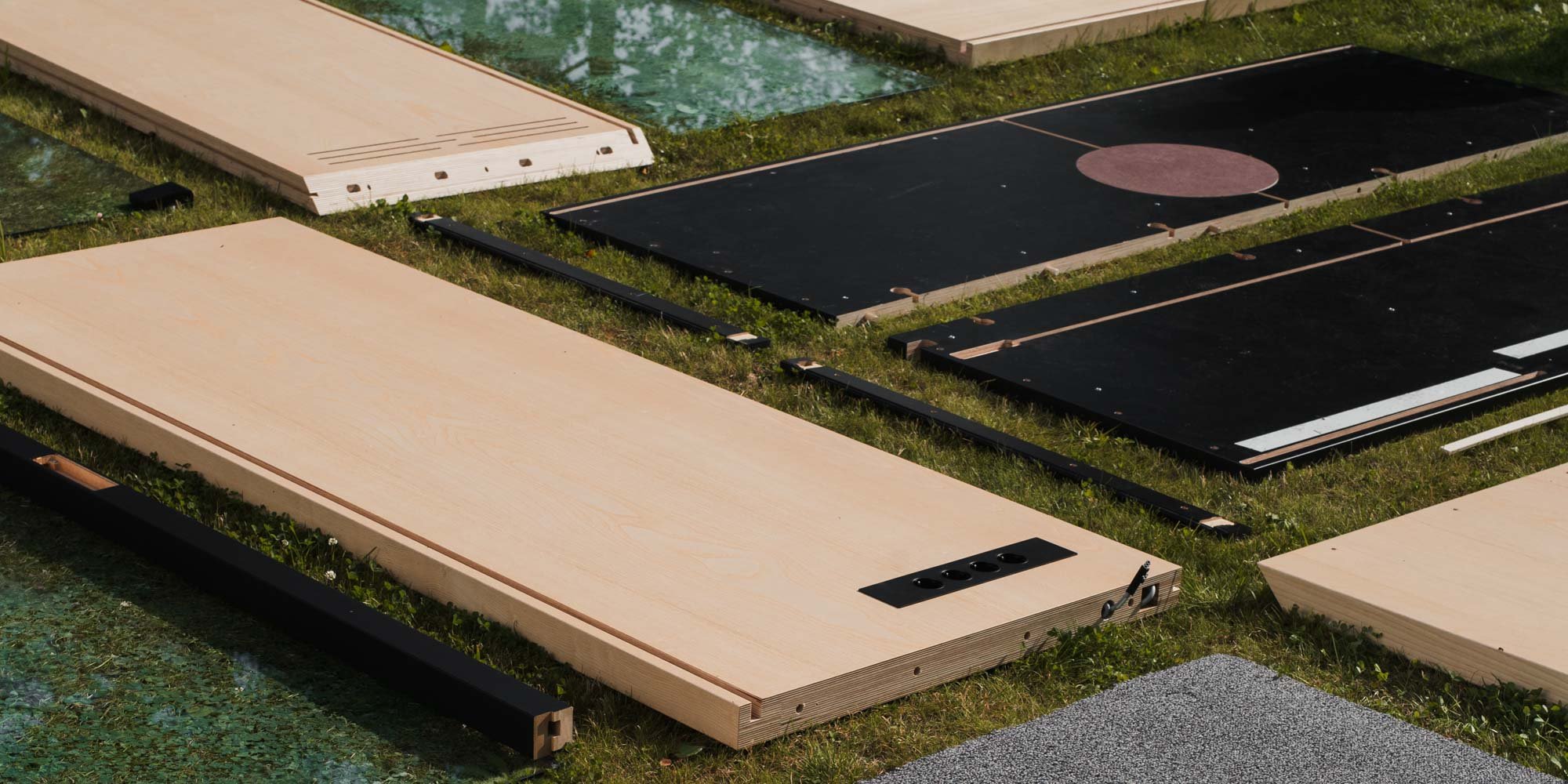
Reuse & recycle –Extending the life of our workspaces
Modular by design, Taiga workspaces are movable and repairable. Many moving parts are easy to replace – extending the life of our products. Timeless design and carefully considered functionalities further ensure the usability of our products far into the future, providing a platform for unique needs and rapidly developing technology.
Taiga workspaces don’t just have one life, but they can serve various purposes and spaces during their lifetime. We are experienced in relocating products from one place to another, and together with our partnership network, we aim to ensure that our workspaces find a new place in case of a relocation.
Used workspaces hold their value, and are sometimes sold on secondary markets. While developing our maintenance services, we are also experimenting with rental models to better accomodate a circular approach.
Download our Sustainability Report
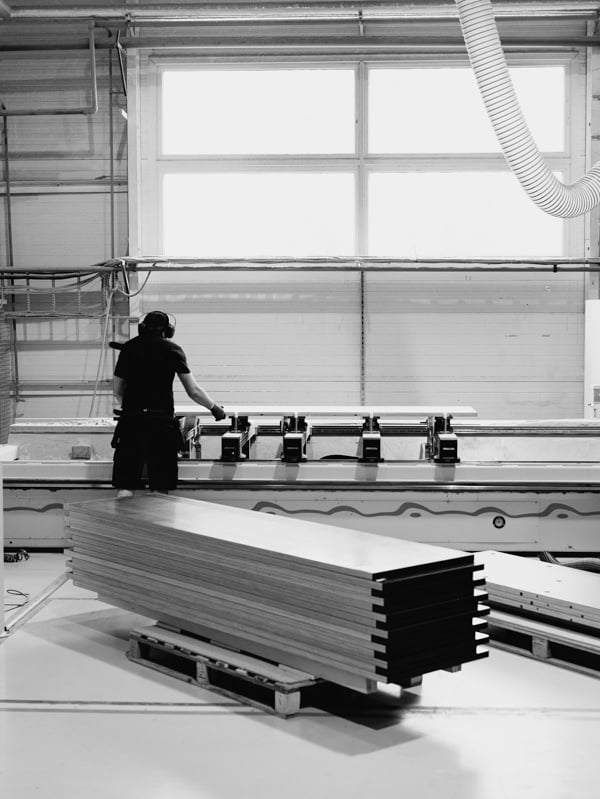
Bring Nordic calm to your workplace.
Let’s find the right pod for your space.









